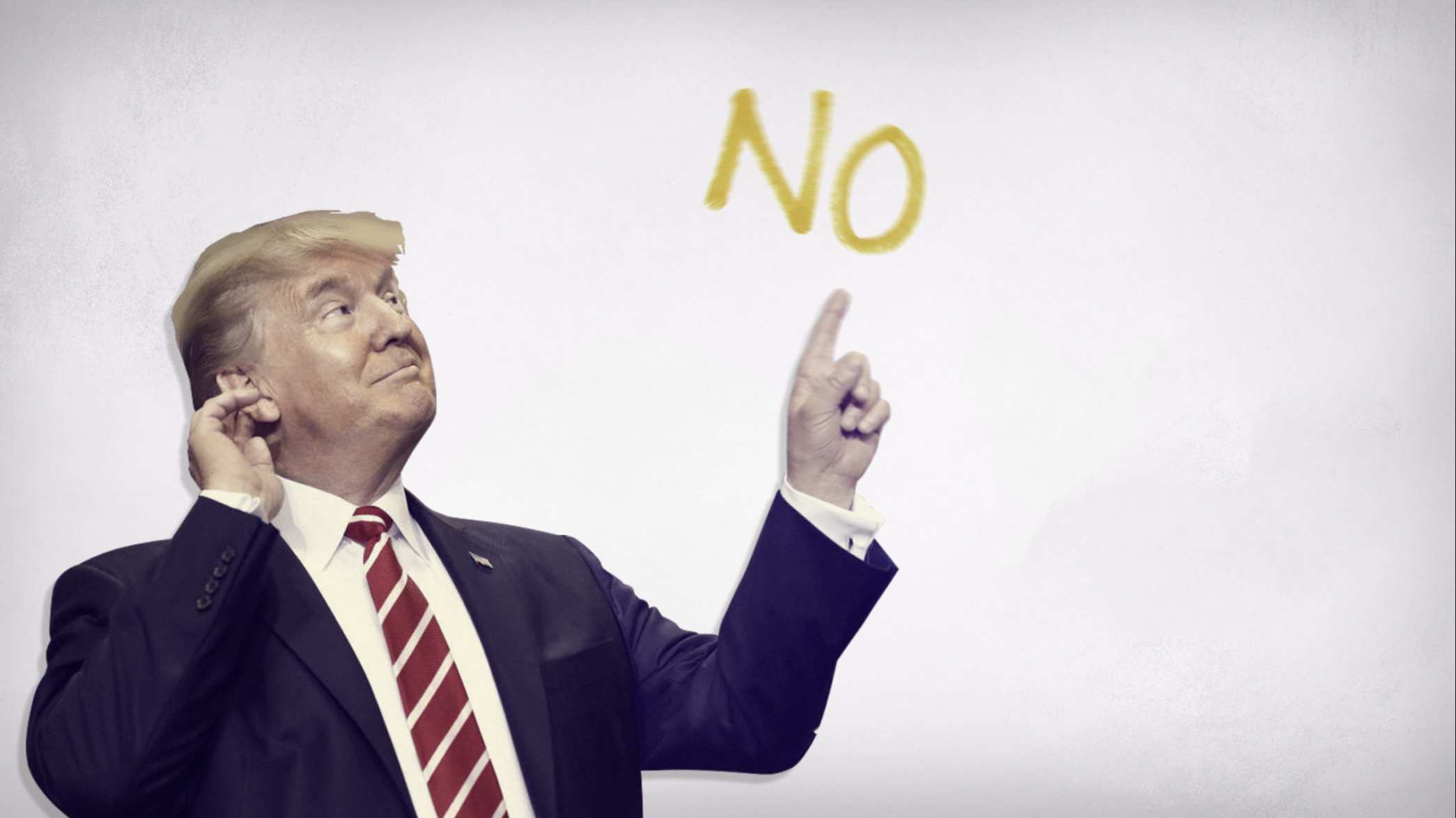
Business
11:45, 28-Jul-2018
Does ‘America First’ really work?
Updated
11:39, 31-Jul-2018
Chen Kairan, John Goodrich, Wang Li, Pan Yongzhe, Qi Jianqiang, Jiang Yuting
02:41

"From this day forward, it's going to be only America first. America first." Trump's words rang loud and clear from the steps of the American Capitol Building on January 20, 2017. With little regard to the practicality or execution of his ideas, Trump declared a new era of American foreign policy to roaring applause. What, exactly, is "America first"? How has Trump executed this policy, and how has the world responded?
Defining 'America First'
Trump's "America first" policy consists of three major parts: trade, immigration, and foreign policy. The policy is a response to the loss of manufacturing jobs in the United States and the relocation of factories overseas. "America first" places the short-term interests of the US above other countries, ultimately harming the interests of its citizens.
Trump placed a ban on immigrants from six majority-Muslim nations. He reduced America's refugee acceptance to its lowest level since 1980 and dismantled DACA.
Trump has completely destroyed the US' credibility in international organizations, pulling out of UNESCO, the UN Human Rights Council, the Iran nuclear deal and the Paris Climate Agreement. He has even sought to quit the WTO and NATO.
He has pursued a policy of protectionism and unilateralism, effectively isolating the US from its most important trading partners and angering even its closest allies. Tariffs on Chinese steel have caused car companies to manufacture abroad. Ironically, Tesla moved its factories to China in response to the tariffs.
Not only has Trump levied baseless tariffs on Chinese goods, but he has also decided to tax imports from across Europe. In response, Canada, Russia, Mexico, India and Turkey have begun taxing American products. The EU put a 25 percent tax on American whiskey, jeans and motorcycles.
America's clothing industry is also suffering from protectionism. In a study released early in the summer of 2018, over 60 percent of executives from leading clothing brands cited protectionism as one of their top five business concerns.
International Response
"Maybe he thinks it's in his best interests to be combative and fighting,” Canadian Prime Minister Justin Trudeau said in early June. The irony of Trudeau’s statements speak to that of Trump’s policy: whether among individuals or nations, combative behavior is certainly not beneficial.
Siegfried Bracke, the speaker of Belgium's House of Representatives, remarked in early July that a policy of US progress over that of other nations will not succeed in the long term. Germany's Economy Minister Brigitte Zypries also commented on the nature of "America first" as an ineffective strategy for increasing employment.
The selfish rhetoric behind the "America first" policy becomes contagious. The executive editor of Japanese newspaper Sankei Shimbun said, "We must respond to America first-ism with Japan first-ism."
China’s Response
On July 12, China's Ministry of Commerce released a statement outlining the flaws of "America first" unilateralism. "Trump's 'America first' policy would entangle global economics in four 'traps': stagnation, uncertainty, isolation and Cold War-era hostility,“ the ministry said.
Conclusion
Throughout history, nations have tried to succeed at the cost of their neighbors. Time and time again, this strategy has failed. Today’s world is one of global connectedness, and the results of selfish ideologies will be ever more detrimental. Regardless of what nation you call home, we are all moving toward a “shared future,” as President Xi described. Let’s make that future one of cooperation, kindness and goodwill. President Trump, it’s up to you.
Video Editor:Chen Kairan
Script writer: Chen Kairan
Animation director:Wang Li,Pan Yongzhe,Zhang Wanbao
Photographer:Qi Jianqiang,Jiang Yuting
Voiceover:John Goodrich
Presenter: John Goodrich

SITEMAP
Copyright © 2018 CGTN. Beijing ICP prepared NO.16065310-3
Copyright © 2018 CGTN. Beijing ICP prepared NO.16065310-3